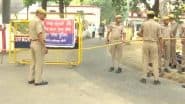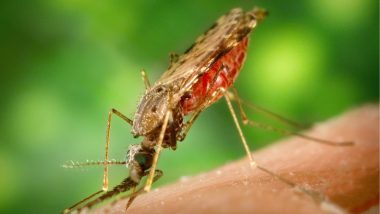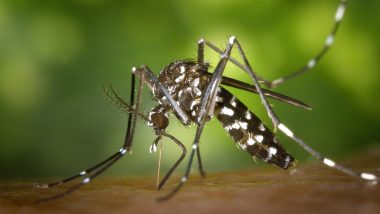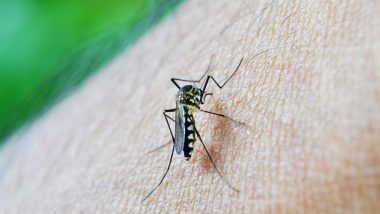Cases of vector-borne diseases such as dengue and malaria have been increasing in Delhi with the advent of monsoons. As per the latest municipal report released on Monday, the past week saw five more fresh cases of malaria, bringing the total number of people affected by the disease to 29. PTI reports suggest that there have been 14 cases of chikungunya in the same period and one fresh case of dengue. From January to June, Delhi has seen 24 cases of dengue.
The report suggests that cases of vector-borne diseases are usually reported between mid-July and November-end. But this spell may stretch up to mid-December. A total of 33, 622 households in the city have been found with mosquito-breeding spots, and 39,699 legal notices have been issued for various violations and “2673 prosecutions have been initiated.”
Monsoons are a precarious time for human health due to the multiple avenues for infections and vector-borne diseases. Vector activity during the monsoon months increases due to the favourable weather conditions.
For Malaria, Dr. Mohammed Shakeel, HOD -Emergency & Trauma, Fortis Hospital, Kalyan advises, “As it is spread by mosquitoes, it is essential to keep mosquitoes from breeding in and around your living space. Additionally, use of mosquito nets and repellents can prevent from acquiring the disease.”
Dengue mosquitoes typically bite early in the day or during dawn so watch out for bug bites in the morning hours. Typical symptoms of dengue include high fever, rashes, pain in the muscles and joints, abdominal pain, etc.
Dr. Shakeel adds that protective measures such as using mosquito repellent creams and wearing protective clothing should be a must during the monsoon months.
(The above story first appeared on LatestLY on Jun 19, 2018 10:36 AM IST. For more news and updates on politics, world, sports, entertainment and lifestyle, log on to our website latestly.com).













 Quickly
Quickly




















